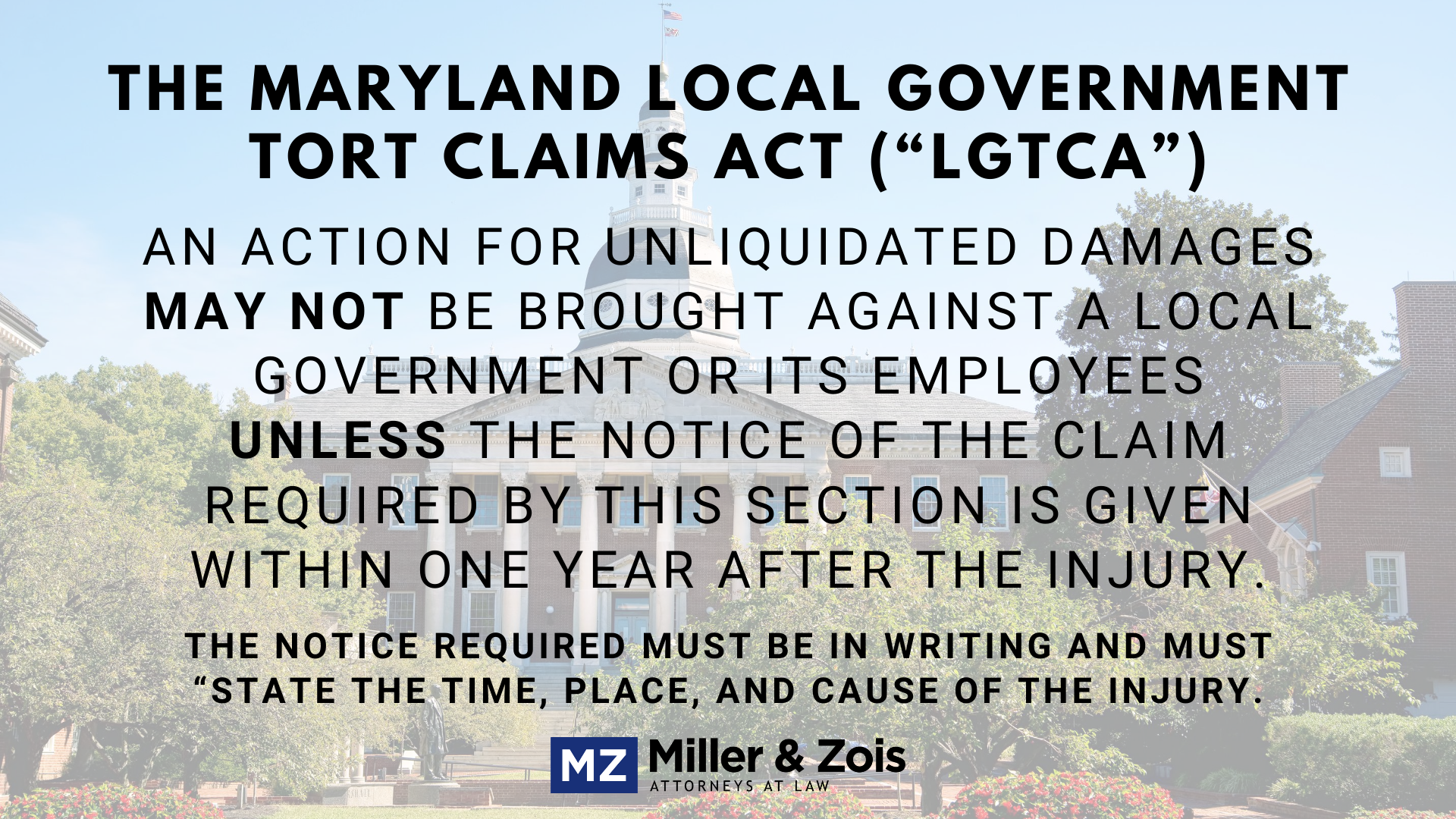This post was supposed to be about Medicare set-asides but I started with such a long intro about the psychology of claims adjusters that I’ll just hit the Medicare issue in a later post. (Or I’ll completely forget about it.)
To understand claims adjusters, get inside the labyrinth that is the claims adjuster’s mind. (Why labyrinth? I’m just trying to use mildly inflammatory language. I’ll stop.) Insurance claims adjusters are more Pete Rose than Barry Bonds: they get paid for singles, not home runs. The great things a claims adjuster does vanish into thin air; the mistakes live on. Ironically, plaintiffs’ lawyers operate in the exact opposite world: hit a few million-dollar verdicts in a row and everyone forgets your losses. Reason #42,353 why plaintiffs’ attorneys and insurance adjusters are the Montagues and Capulets.
Accident lawyers have a misconception about this, thinking adjusters get hugs from the higher-ups for ripping off a plaintiffs’ lawyer in a settlement negotiation. Actually, hugs is the wrong word – they do get hugs. But mostly, that’s it. The way to make a name for yourself is not by screwing plaintiffs’ lawyers but by not screwing up yourself. Make sure everyone likes you and don’t make any mistakes. Overpaying on an accident case is not that big of a screw up: but failure to have a death certificate in the file before paying a wrongful death case? That is a federal crime in the insurance world. Under-reserving a case? That’s an aggravated felony.
Continue reading











